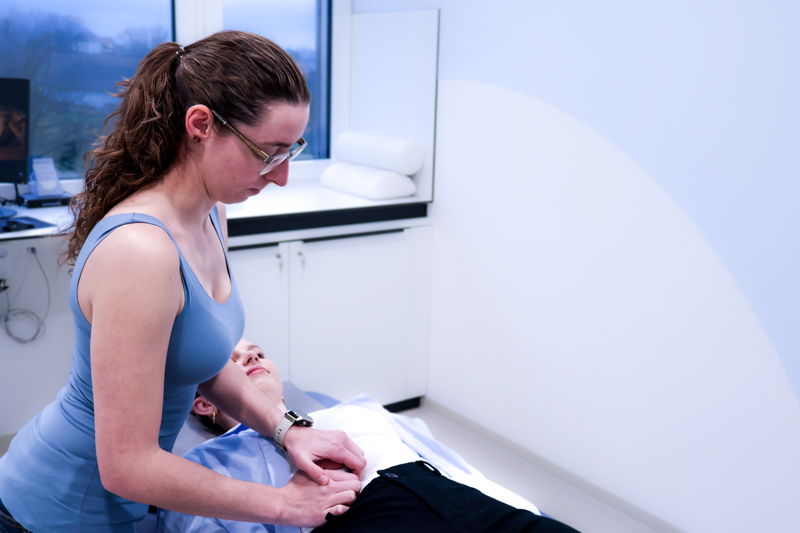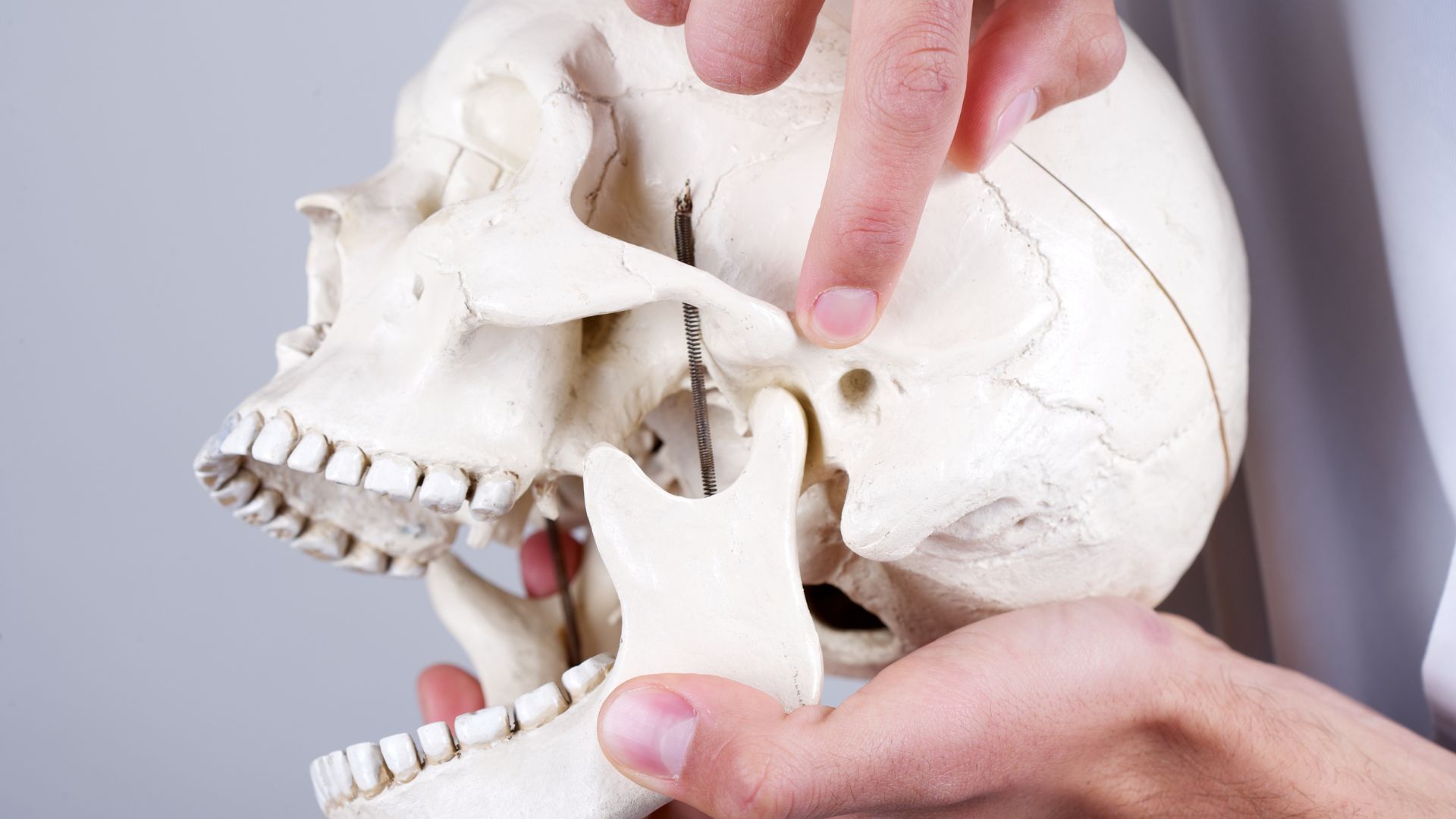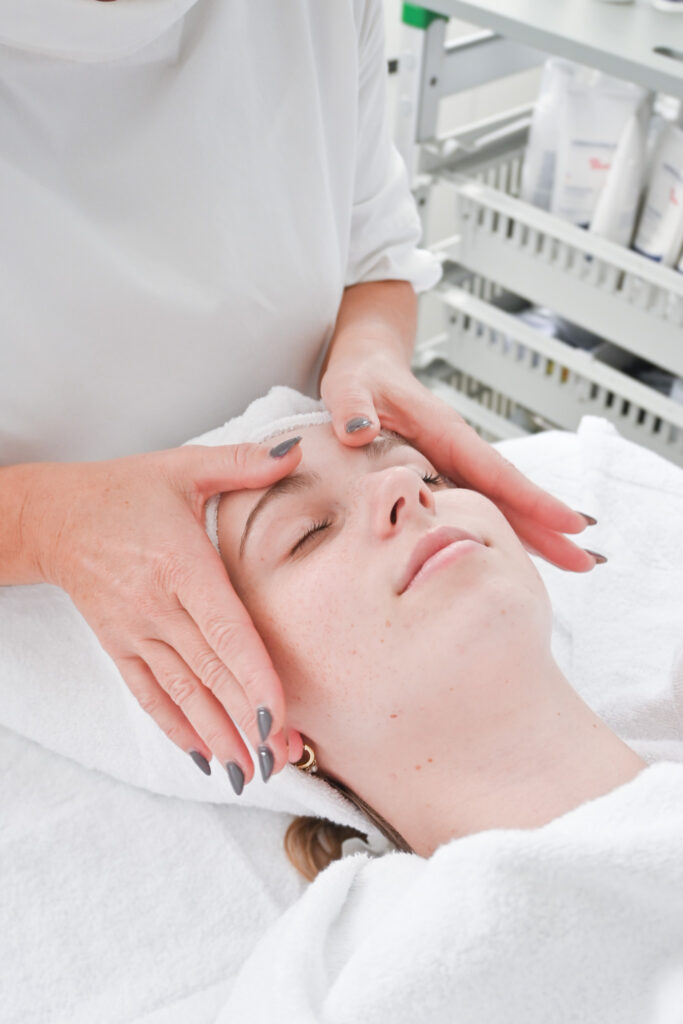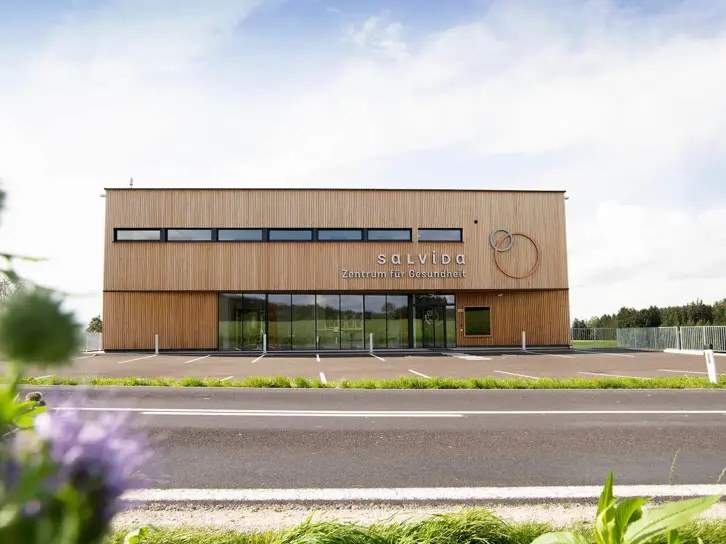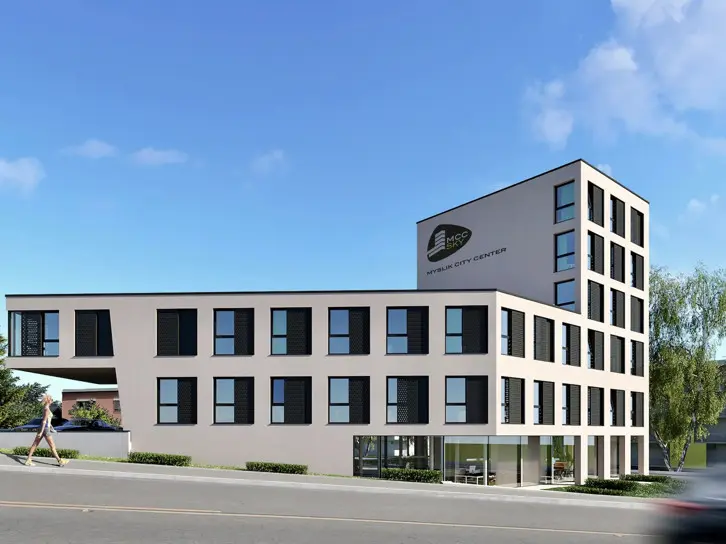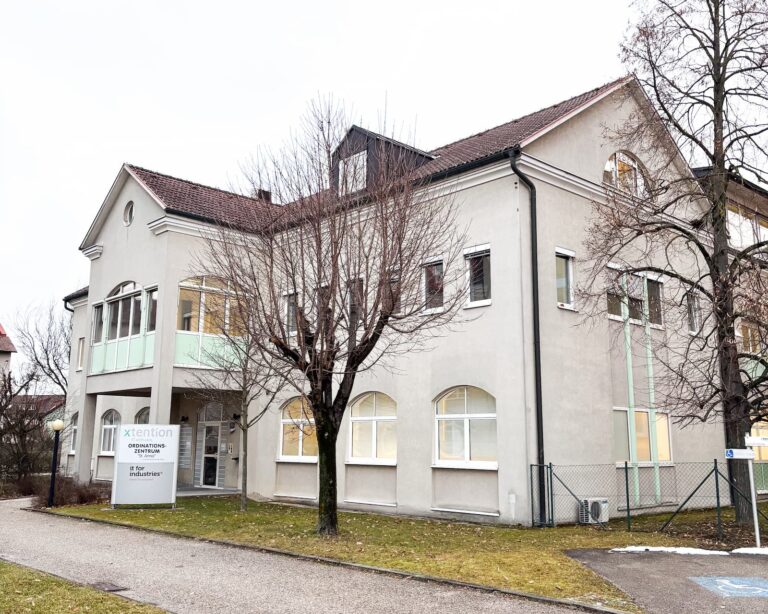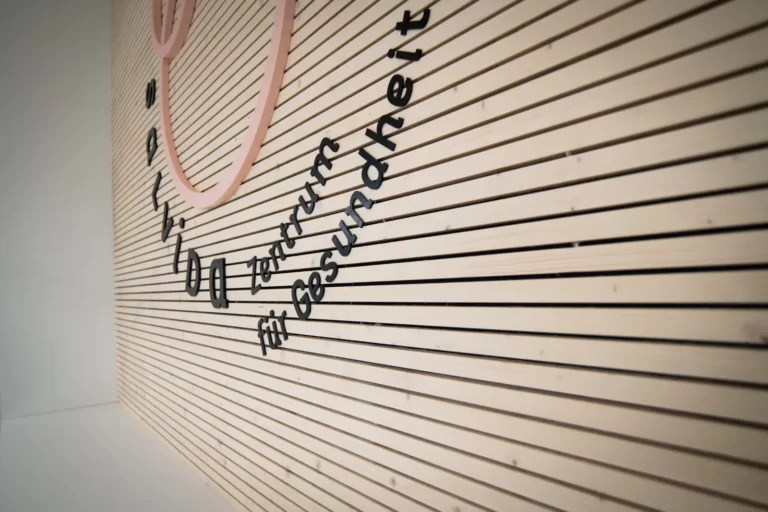Respiratory physiotherapy measures play a crucial role in the treatment and support of people with respiratory diseases. Targeted techniques can improve breathing, increase resilience and promote well-being.
A central component is diaphragm mobilization, which aims to optimize the mobility of the main respiratory muscle and enable deeper, more effective breathing. In addition, respiratory muscle training is used to strengthen the strength and endurance of the respiratory muscles and make breathing easier.
Breathing direction training helps to consciously control and individually adapt the breathing pattern to ensure optimal oxygen uptake. Exercise training is particularly important for chronic respiratory diseases. It helps to maintain or improve physical performance and reduce breathlessness in everyday life.
Secretion mobilization techniques are essential for patients with increased mucus production. They make it easier to cough up and prevent airway constriction. Special respiratory therapy devices can be used to support lung decongestion in order to stabilize lung function and enable better ventilation of the airways.
With individually tailored measures, respiratory physiotherapy can make an important contribution to improving quality of life.
